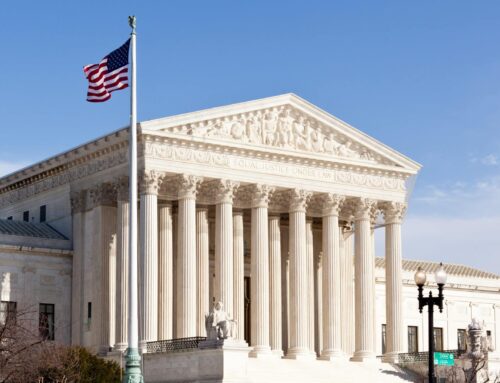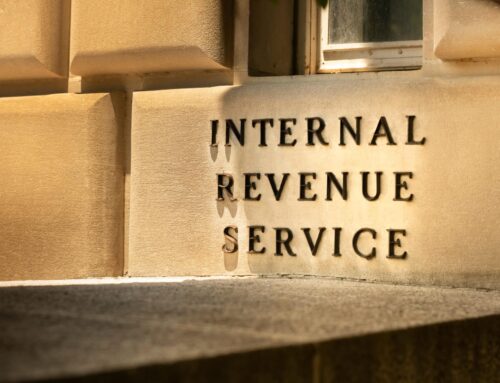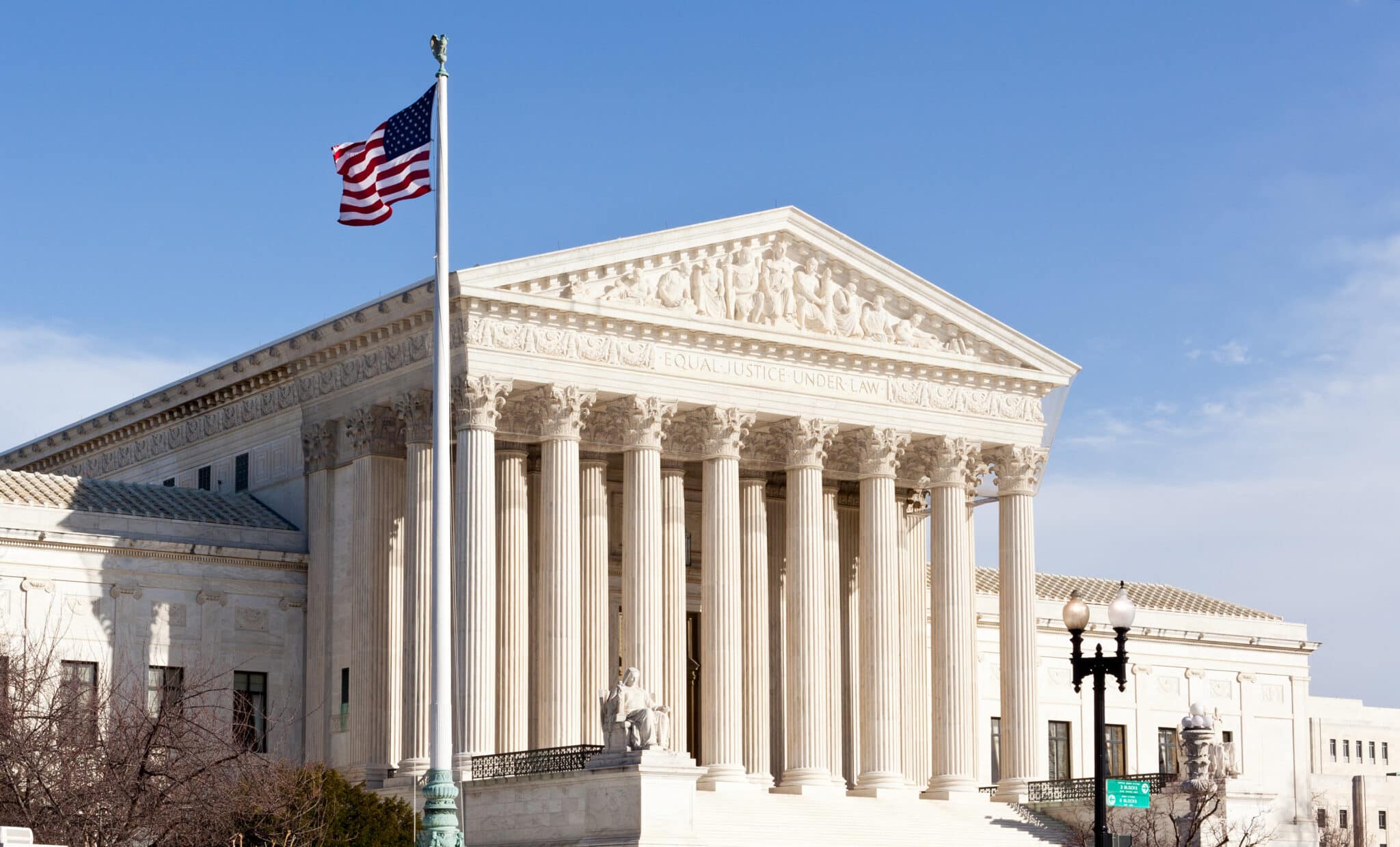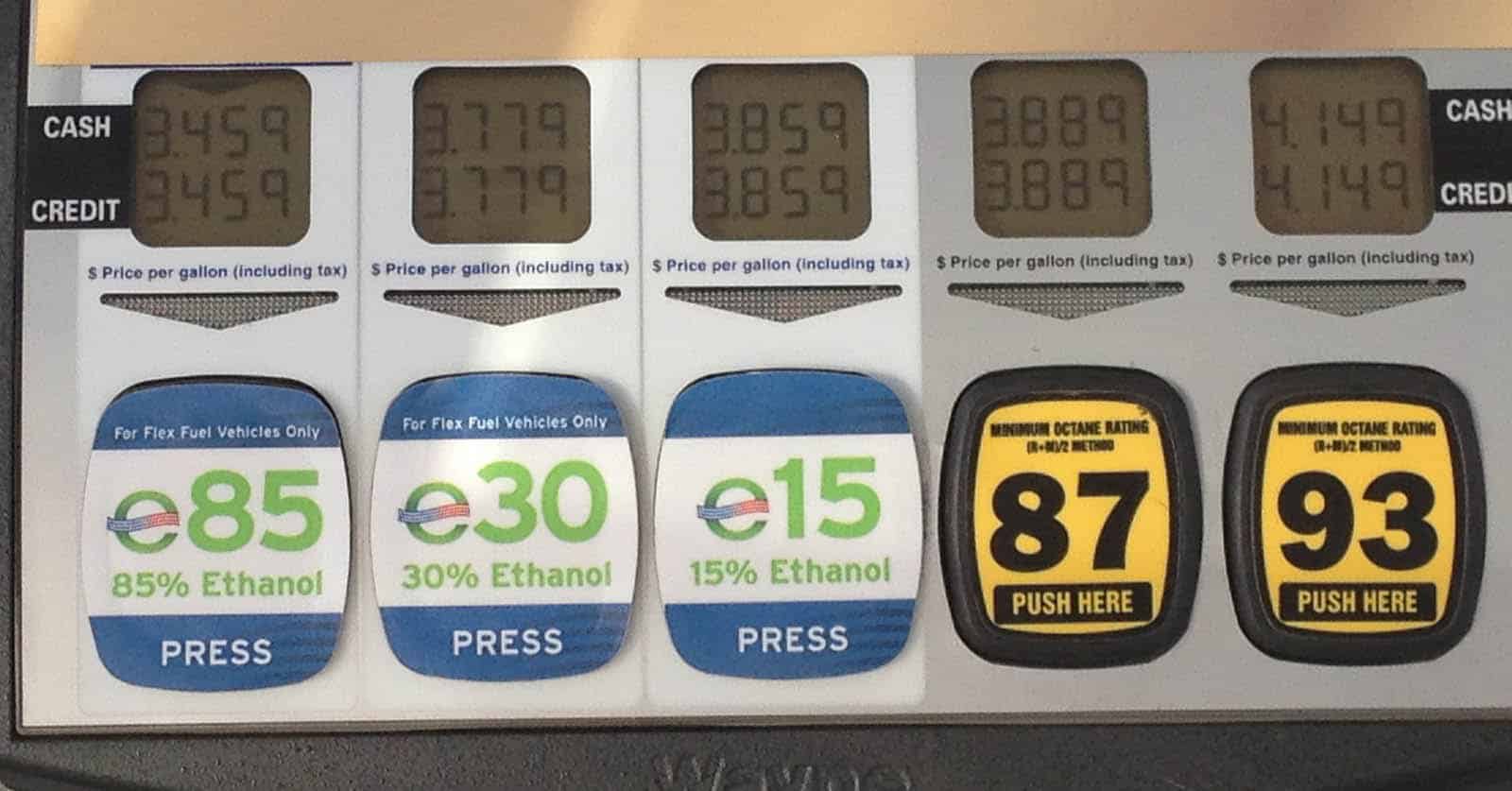Iowans are accustomed to presidential hopefuls practically taking up residency in the Hawkeye State every four years. As you know all too well, between now and Feb. 1, these candidates will frequent your town hall meetings, diners and county fairs as they make their pitch.
Those of us who don't get the same level of attention from the candidates this early in the campaign have a favor to ask. Iowans, please press the candidates on where they stand on reforming the federal tax code. Congress is now laying the groundwork for tax reform legislation — and soon the Senate Finance Committee will begin culling recommendations from its own internal working groups to build out the first draft of a bill. But because the legislative process moves at a snail's pace, it will probably be up to the next president to sign watershed tax reform legislation into law.
Iowa's own Sen. Chuck Grassley, a senior member of the Senate Finance Committee, is certainly thinking about the issue, as corporate lobbying on tax reform issues has surpassed even Obamacare as a topic of conversation in Washington. It has been almost 30 years since Congress overhauled the tax code, and since then it has become littered with breaks and giveaways for these same special interests.
At Taxpayers for Common Sense, we work to increase transparency and to expose and eliminate wasteful and corrupt subsidies, earmarks, and corporate welfare. We have compiled a list of tax reforms that, if enacted, would save taxpayers billions of dollars and help drive down rates. And we know a great place to start: getting rid of unnecessary tax subsidies for the oil and gas industry.
As Senator Grassley has noted, the industry-specific tax breaks for oil and gas companies are worthy of special attention because they have been on the books for decades; they are extremely costly; and they benefit one of the most profitable industries in the world.
In 1916, Congress tweaked the tax code to give oil and gas companies more favorable tax deductions for their costs of drilling wells. It added another provision to the code in 1926 allowing the industry to deduct acquisition costs, and another in 1980 to allow deductions for “enhanced oil recovery.” These are permanent features of the tax code benefiting only oil and gas companies, and the industry is working to keep it that way.
ExxonMobil spent $12.6 million on lobbying and fielded 48 lobbyists last year, including former Senate Majority Leader Trent Lott, R-Miss., and former Senate Majority Whip Don Nickles, R-Okla. The industry as a whole spent $141.4 million in lobbying last year, or more than $387,000 per day, mostly on tax reform issues, according to the Center for Responsive Politics.
By our calculation, eliminating outdated oil and gas industry subsidies could save taxpayers at least $65 billion over the next 10 years. With our nation facing more than $18 trillion in debt and half a trillion dollars in annual deficits, it matters who next occupies the White House —and what his or her plans are for reining in unnecessary spending.
Taxpayers for Common Sense would like to see the presidential candidates commit to making the tax code simpler, flatter and fairer. Reward hard work and innovation, not creative tax avoidance. Stop giving handouts to well-established, wealthy corporations like oil and gas companies that can afford to pay their fair share.
Iowans, help decide who is best qualified to occupy the White House. Demand that the presidential candidates give detailed answers to your tough questions on tax reform.
The rest of America is relying on your vetting process.








